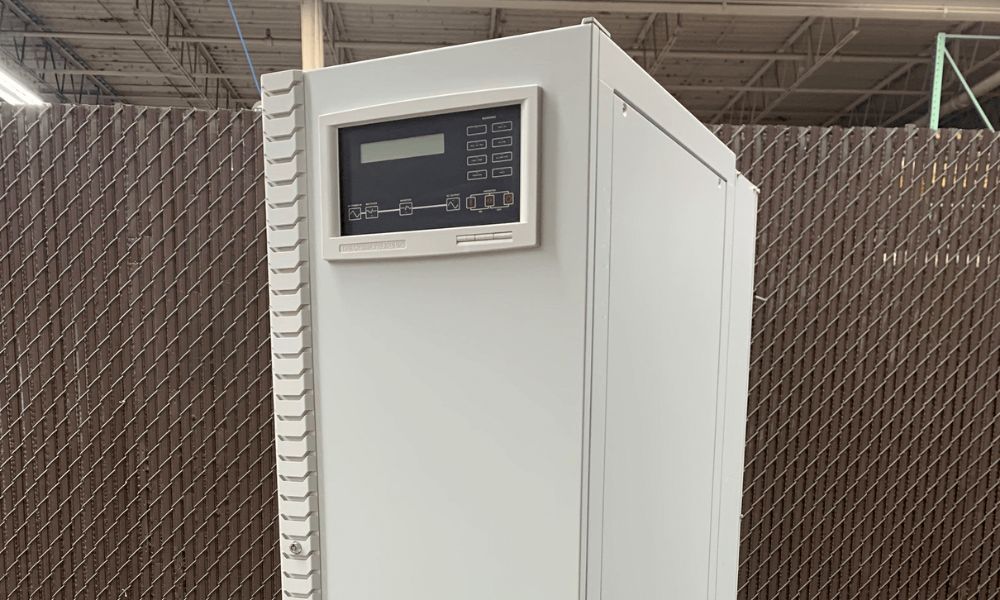Frequency converters are valuable tools that allow individuals or industries to take the AC energy from one region, transform it into DC power, and safely convert it to AC with a different hertz level. This process allows people to utilize technology from other regions that may not be initially compatible with one another. There are many different options for these devices, but today, Visicomm is here to look at the uses for solid state and static frequency converters.
Different Converter Options
The two primary options for frequency converters are solid state, or static converters, and rotary converters. Both options create a three-phase power system for equipment, but the amount of steady power the two put out means they serve radically different purposes. Many rotary converters are large, bulky, and capable of putting out high power per load, which makes them a good choice for heavy equipment.
Benefits of a Solid State Converter
Many of these uses for solid state and static frequency converters come down to the benefits of the models. Unlike rotary converters, static models are generally smaller and more lightweight, allowing workers to move them to different workstations.
Another advantage of solid state converters is they have far fewer moving parts, which makes them an ideal choice in workplace environments where the work requires a much more steady and precise hand with limited noise from the machine.
What Industries Use Static Converters
Solid state converters work best with accessible equipment that requires steady hands. Many industries that use these devices include scientific laboratories, pharmaceutical technologies, and more hands-on positions that use tools like drills and saws. Unlike rotary converters, which work better in larger, more industrial work areas, static converters benefit individual machine workstations.
Visicomm Industries is a leading manufacturer of frequency-converting technology and can help you learn more about the differences between frequency converters and the primary advantages of solid state frequency converters. For any questions, comments, or concerns, please contact us, and a member of our team will happily provide you with more information.
